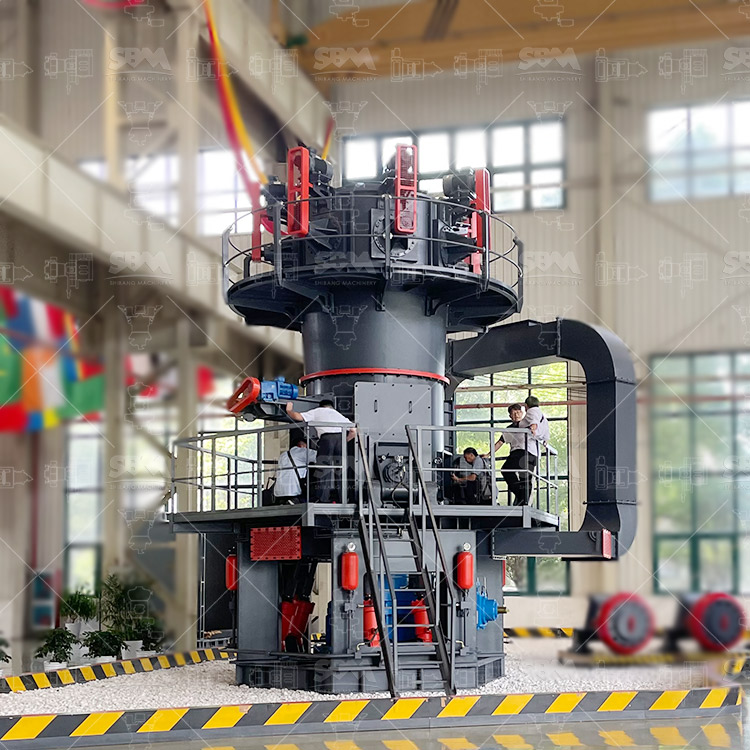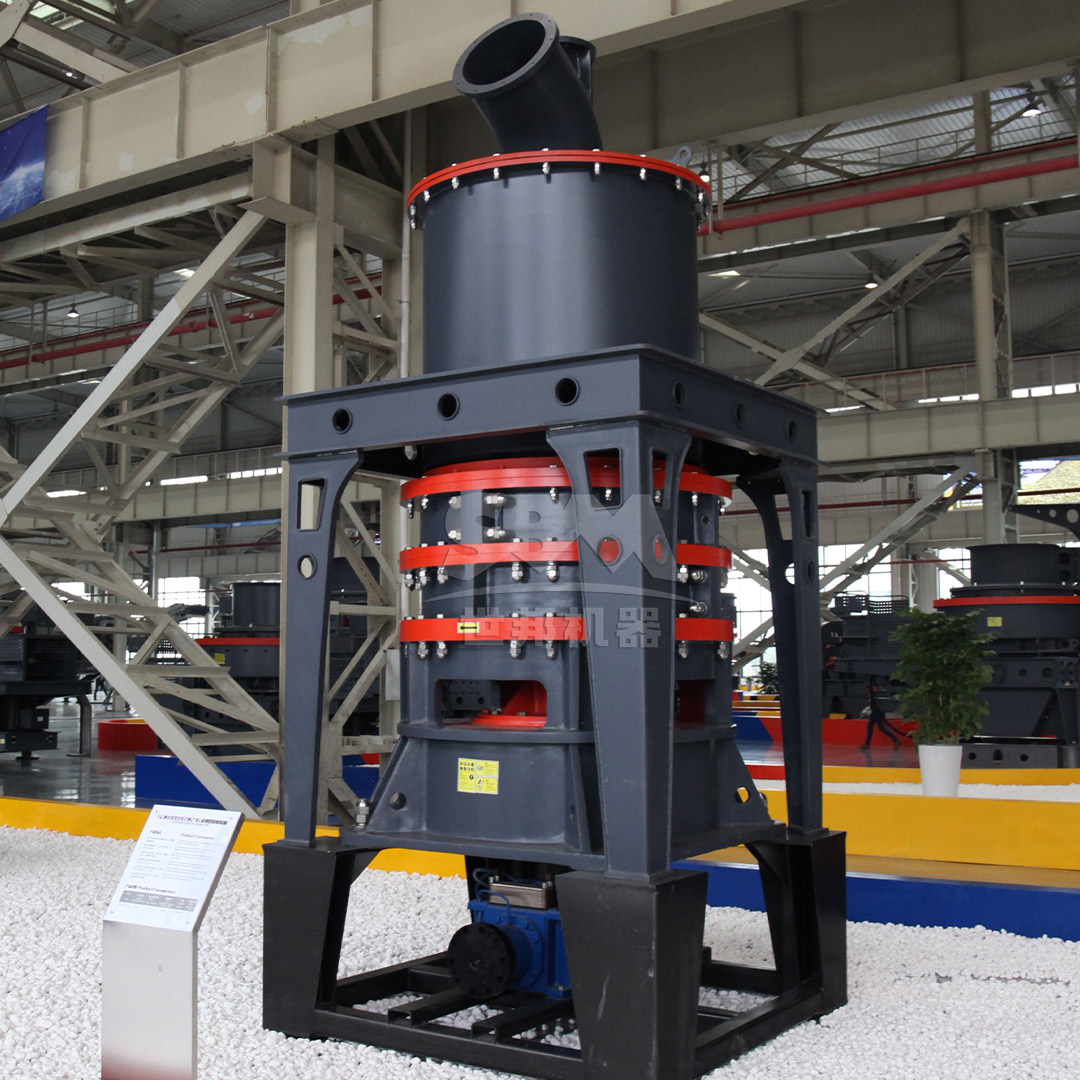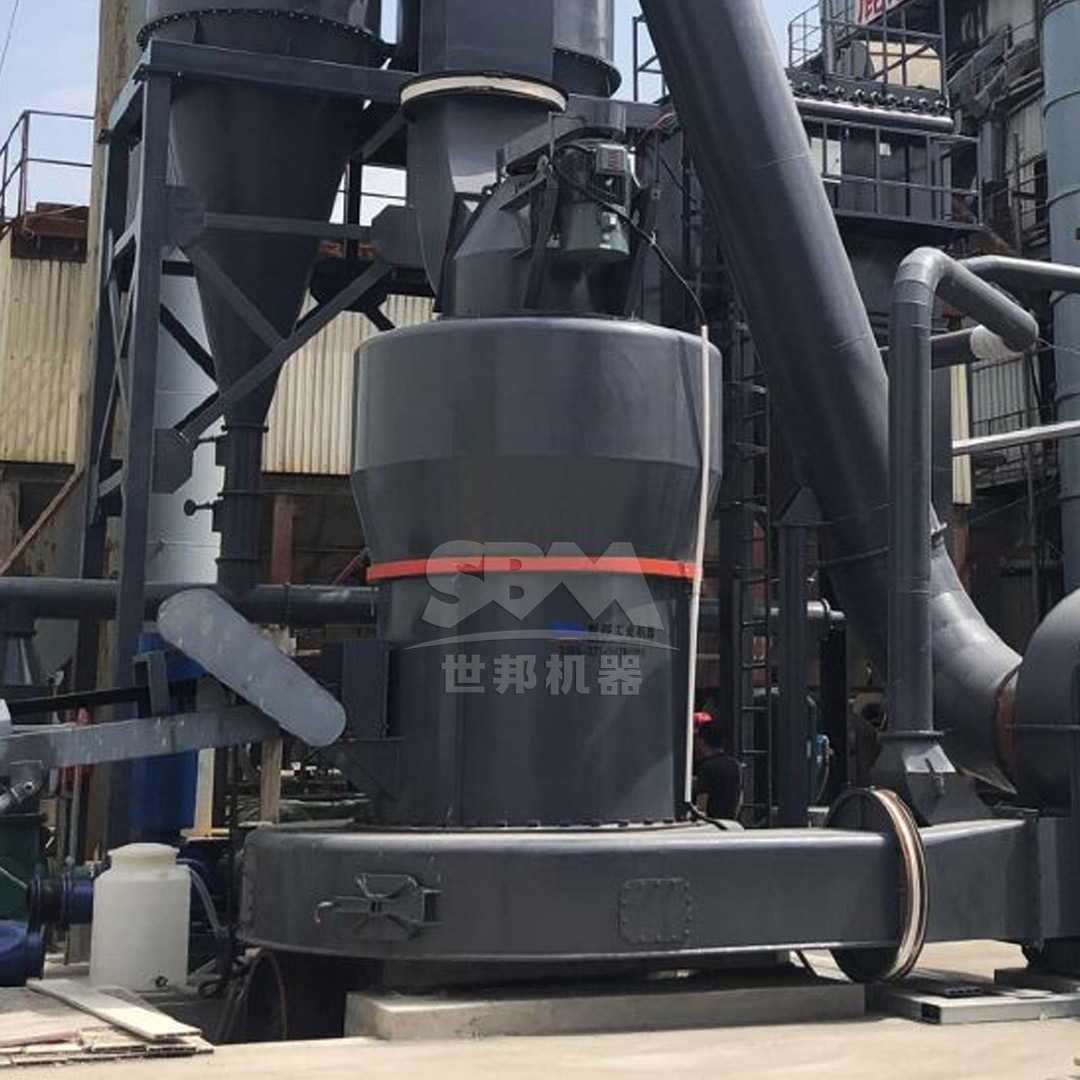August 20, 2025
How to Choose the Right Coal Powder Mill for Efficient Briquette Production
The production of high-quality coal briquettes is a complex process that hinges on one critical step: the preparation of the coal powder. The efficiency, cost-effectiveness, and final quality of the briquettes are directly determined by the performance of the coal grinding mill. Selecting the right mill is not a one-size-fits-all decision; it requires a careful analysis of your raw material properties, desired output, and production goals. This comprehensive guide will walk you through the key factors to consider to ensure you invest in the optimal coal powder mill for your briquette production line.
Key Factors in Coal Powder Mill Selection
Choosing a mill involves balancing several technical and economic parameters. Ignoring any of these can lead to subpar performance, high operating costs, or an inability to produce briquettes that meet market standards.
1. Input Coal Characteristics
The properties of your raw coal are the starting point for all decisions.
- Hardness and Abrasiveness: Measured by indexes like Hardgrove Grindability Index (HGI). Softer coals (higher HGI) are easier to grind and may allow for a wider range of mill types, while harder, more abrasive coals require mills built with superior wear-resistant materials.
- Initial Feed Size: The maximum size of the coal chunks after primary crushing (e.g., ≤20mm, ≤35mm, or ≤50mm) will determine which mills your material can directly feed into.
- Moisture Content: High moisture can cause clogging in some mill types. While many modern mills can handle a certain degree of moisture with hot air, extremely wet coal might require pre-drying.
2. Desired Output Powder Specifications
The requirements of your briquette press are paramount.
- Fineness (Particle Size Distribution): This is arguably the most critical factor. Briquette binding and strength are highly dependent on a consistent and correctly sized powder. The required fineness is typically specified in microns (μm) or mesh size (e.g., 200 mesh or 325 mesh).
- Output Capacity (Tonnes per Hour): You must match the mill’s capacity to your overall production goals to avoid creating a bottleneck in your plant.
3. Operational Costs and Efficiency
The purchase price is just the initial investment.
- Energy Consumption: Grinding is an energy-intensive process. Mills with higher grinding efficiency can significantly reduce your electricity costs per ton of output.
- Wear Parts Lifetime: The cost and frequency of replacing grinding elements (rollers, rings, balls, liners) directly impact long-term operating expenses and maintenance downtime.
- Automation Level: Mills with advanced control systems can optimize performance in real-time, maintain consistent product quality, and reduce the need for manual supervision.
4. Environmental and Site Considerations
Modern operations must adhere to strict regulations.
- Dust Emission Control: The mill must be equipped with an efficient pulse jet baghouse dust collector to capture airborne particles and ensure emissions are well below legal limits.
- Noise Level: Mills operating at lower decibels (e.g., ≤75 dB) contribute to a better and safer working environment.
- Space and Layout: The physical footprint of the mill and its ancillary equipment (crusher, feeder, collector) must fit within your available plant space.
Overview of Common Coal Grinding Mill Types
Different mill technologies are suited for different applications. Here’s a comparison of some prevalent types used in coal preparation for briquettes.
| Mill Type |
Typical Output Fineness |
Typical Capacity Range |
Key Advantages |
Key Considerations |
| Vertical Roller Mill (VRM) |
30-325 mesh |
Medium to Very High |
High efficiency, low energy consumption, integrated drying |
Higher initial investment, more complex maintenance |
| Ultrafine Mill |
325-2500 mesh |
Low to Medium |
Produces extremely fine and uniform powder, high precision |
Lower capacity, for specialized high-fineness applications |
| Ball Mill |
200-400 mesh |
Low to High |
Robust, reliable, wide availability |
High energy consumption, noisy, higher wear |
| Hammer Mill |
0-3mm (Crushing) |
Medium to High |
Simple structure, high reduction ratio, good for pre-crushing |
Higher wear on hammers/screens, less precise particle control |
Recommended Solution for High-Efficiency Briquette Production
For modern briquette plants aiming for high output, consistent quality, and low operating costs, the Vertical Roller Mill (VRM) often emerges as the superior choice. Its principle of bed crushing between rollers and a rotating table is highly efficient, and its integrated drying and classifying functions make it a compact and powerful solution.
Among the leading technologies in this category, our LM Series Vertical Roller Mill stands out as an ideal workhorse for coal grinding for briquettes. Engineered for performance and durability, it is designed to tackle the demanding requirements of continuous industrial production.

Why Choose Our LM Series Vertical Roller Mill?
- Exceptional Grinding Efficiency & Energy Savings: Utilizing the advanced material bed grinding principle, the LM mill consumes 30-40% less power compared to traditional ball mill systems. This dramatically reduces your cost per ton of coal powder produced.
- Integrated Drying and Grinding: The mill can utilize hot gases from other processes, allowing it to simultaneously dry and grind coal with moisture content, eliminating the need for a separate dryer.
- Compact Design and Small Footprint: Its vertical structure integrates crushing, grinding, drying, and classification, reducing the plant’s space requirements and civil engineering costs by up to 50% compared to ball mill systems.
- Excellent Product Quality: The built-in high-efficiency classifier ensures precise control over particle size, delivering a consistent and uniform coal powder that is critical for forming strong and stable briquettes.
- High Reliability and Low Wear: Key components like磨辊 (grinding rollers) and磨盘 (grinding table liners) are made from high-chromium alloy materials with superior wear resistance, significantly extending service life and reducing maintenance frequency.
- Environmental Friendliness: The entire grinding process is enclosed and operates under negative pressure, ensuring no dust leakage. Combined with a high-efficiency pulse dust collector, dust emissions are kept below 20mg/m³, meeting the strictest environmental standards.
LM Series Vertical Coal Mill – Key Model Specifications
| Model |
Grinding Disk Diameter (mm) |
Number of Rollers |
Capacity (t/h) |
Main Motor Power (kW) |
Feed Size (mm) |
Fineness (R0.08mm) |
| LM130M |
1300 |
2 |
10-17 |
185 |
<38 |
5-20% |
| LM150M |
1500 |
2 |
16-22 |
250 |
<40 |
5-20% |
| LM190M |
1900 |
2 |
26-40 |
400 |
<45 |
5-20% |
| LM220M |
2200 |
2 |
35-50 |
500 |
<50 |
5-20% |
For Ultra-Fine Coal Powder Requirements
In some specialized briquetting applications, such as producing high-density formed coke or specific chemical feedstock, an even finer and more uniform powder may be required. For these demanding scenarios, our SCM Series Ultrafine Mill is the perfect solution.

This mill is capable of producing coal powder with a fineness ranging from 325 to an impressive 2500 mesh (D97 ≤ 5μm). Its key advantages include:
- High-Precision Classification: A vertical turbine classifier ensures sharp particle size cuts and a uniform product with no coarse grain contamination.
- Durable Design: Features special material rollers and grinding rings that extend service life, and a bearingless screw grinding chamber for stable operation.
- Eco-Friendly Operation: Equipped with a pulse dust collector exceeding international standards and a soundproof room design, keeping noise levels below 75dB.

Conclusion: Making an Informed Investment
Selecting the right coal powder mill is a strategic decision that impacts your briquette production for years to come. By thoroughly evaluating your coal properties, target product specifications, and total cost of ownership, you can identify the technology that best fits your needs.
For most large-scale, efficient briquette production lines, the LM Series Vertical Roller Mill offers an unbeatable combination of efficiency, reliability, and environmental performance. For niche applications requiring extreme fineness, the SCM Ultrafine Mill provides unparalleled precision.
We strongly recommend consulting with our technical experts to analyze your specific raw coal sample and production requirements. We can provide test grinding services and recommend the perfect model from our range to ensure your briquette plant operates at peak performance and profitability.


